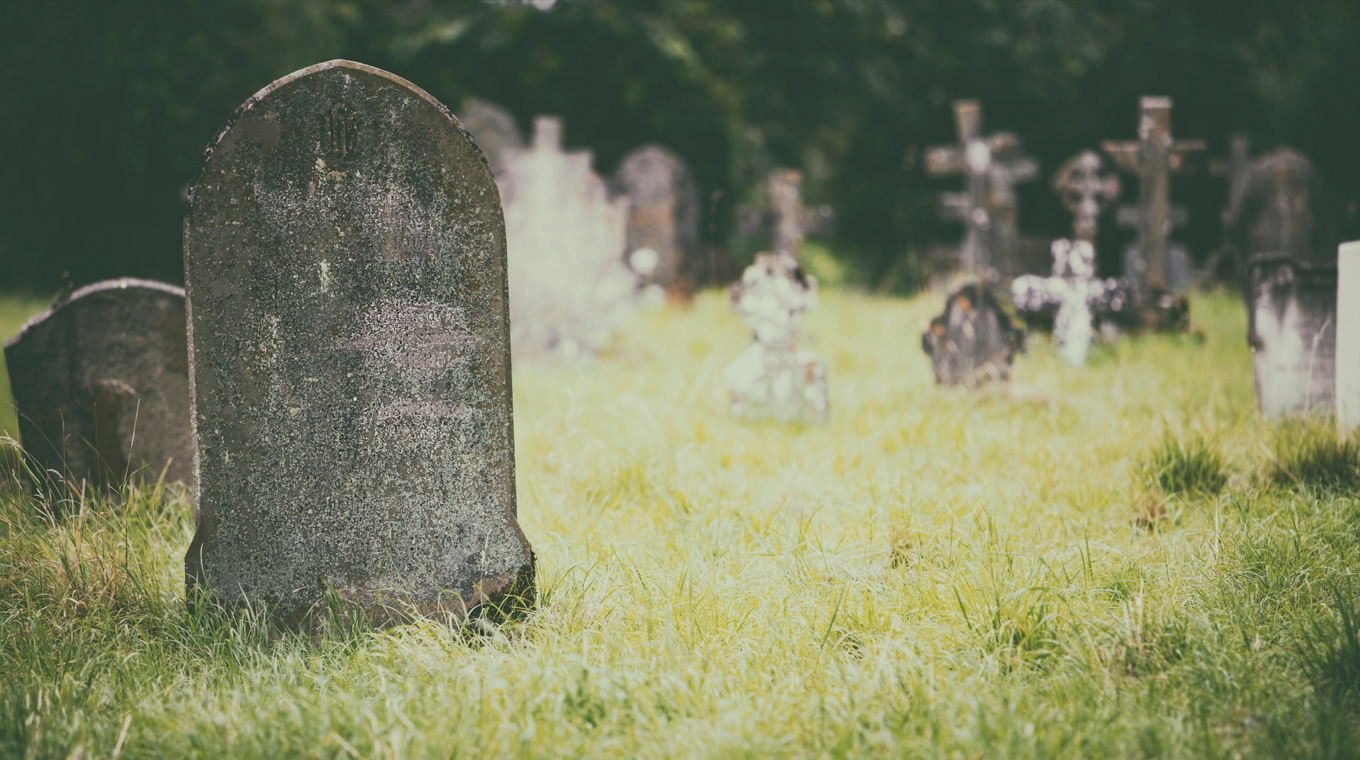
In this article
Dreaming of death and dying is a common dream and probably the most terrifying, as we tend to look at our dreams at face value. It is important though, to recognize that they're never actually about what think they're about. In dreams, sometimes what is happening in your waking life makes its way into your dreams in unusual ways. So that nightmare about losing a loved one isn't a dream about death or dying. Let's look at what your dreams about death might mean, and the science behind how and why we dream.
Stages of sleep and why we dream

There is some debate among experts as to the reason why we dream. Some neurologists don't put much stock into dreaming, believing that it's simply a result of memories and brain processes. On the other hand, some researchers feel as though dreaming serves multiple purposes, like aiding in learning or allowing us to learn to adapt to future threats.
Most of us who are not experts, however, do feel as though our dreams are trying to tell us something and spend quite a bit of time trying to interpret their meanings. While the discourse can be confusing, what we do know about dreaming is that it occurs among all of us whether we remember our dreams or not, and that it typically occurs within specific stages of sleep.
There are four stages of sleep. The first ten minutes of sleeping, from dozing off to light sleep as your body relaxes, is known as non rapid eye movement (REM) sleep. As you enter the second stage of non-REM sleep, your body temperature drops, and brain waves decrease. In the third stage of non-REM sleep, you're in a much deeper state of sleep and body repair and renewal begin.
Once you enter into REM sleep, the fourth stage of sleep, your heart rate and brain activity increases and dreaming occurs. It is in this stage that your brain slows the muscles in your arms and legs as a safety mechanism, so you're unable to act out your dreams. In a given sleep session, we'll move through each stage between four and six times per night in cycles of approximately 90 minutes each.
Dr. Matthew Walker, a neuroscience and psychology professor and founder of the Center for Human Sleep Science at the University of California, believes that REM sleep makes us better learners, as neural connections from the day's experiences are integrated into our dreams.
"We take those new pieces of information and start colliding them with our back catalog of stored information. It’s almost a form of informational alchemy," Walker told The New York Times.
What does a dream about death mean?

Wherever you stand on the science behind dreaming, it's human nature to want to interpret our dreams, especially when they're unsettling. After all, who wouldn't want to know what a dream about death means?
Our first inclination is to believe that dreams about death are a premonition of sorts. We all tend to lean toward the idea that we have some sense of clairvoyance in this regard, but experts suggest looking at the dream as a whole rather than simply focusing on the most disturbing aspect.
"Dreams are symbolic, you can't look at them literally or you'll freak yourself out," dream expert Lauri Loewenberg told Refinery 29. "Death in dreams actually means there's some sort of change or ending happening in your life. To the subconscious mind, this represents the end of life 'as you know it.'"
So in the cases where you dream about a family member dying, it may mean that there's a change occurring in your relationship with that person. Whether that's a divorce between a spouse or a child going off to college, the relationship is undergoing a change of some sort.
Connecticut mom Linette P. had a disturbing dream when her parents were going through a major life change. "I remember having a dream that my mother and father died in an accident, a fiery crash," Linette told Mom.com. "I saw their faces and then instinctively knew in my dream that they were dead. The dream rattled me for a while. It happened around the time they both moved into an assisted living facility."
Dreaming of a friend dying could mean that you're concerned about something going on in their life, your relationship with them is changing, or you want it to change. This type of dream could also be indicative of what that friend represents in your life; perhaps you want to be more or less like them in some way.
Interpreting dreams, especially ones about death or dying, will take some time and introspection. You'll need to analyze every facet of your relationship with the person or situation in the dream, as well as other details you remember.
It's best not to take dreams about death and tying at face value, for the sake of your mental health. And of course, if dreams affect your waking life or trouble you in any way, you should speak with a professional to help you gain better insight.
When you die in your own dream

So what if the tables are turned — what does it mean when you dream about your own death? Again, it's best to look at the dream symbolically. Dreaming about dying could indicate a transition in your life, whether that's related to your home, relationships, or career or some other aspect you've yet to identify.
It could also represent a characteristic or trait that you feel you need to work on, or that you need to take better care of yourself because you feel that you're losing an integral part of who you are due to circumstances in your life. A question to ask yourself might be, is there something related to your own well-being that you're neglecting?
Journaling is probably the best way to analyze dreams on your own. Putting your dreams down on paper will help you to recognize patterns, and coming back to your notes later will allow you to make connections that may not have been obvious to you immediately upon waking.




